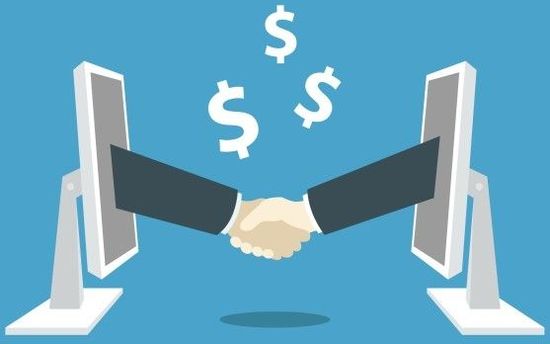Although many of the M&A cases have not been disclosed, this year is the acquisition of the New Year, both in terms of transaction volume and transaction volume. So far, we have witnessed 30 mergers and acquisitions. In the remaining three months, 2016 is likely to exceed the total transaction volume of 37 in 2015. In addition to listing these companies, we also categorized the acquisitions based on the acquirers, hoping to identify some current trends. We also interviewed some investors and learned about their views on the mergers and acquisitions of digital medical companies. I have done this for you and hope to find some new trends in this article.
Cross-border acquisition
We have seen that several companies previously unrelated to digital healthcare have entered the growing digital healthcare market through a series of acquisitions, including high-profile technology companies and pet food manufacturers.

1. Apple acquires Gliimpse from PHR
Of these mergers, the most striking thing is Apple's acquisition of PHR Gliimpse. The company can help people collect "breadcrumbs" from health data in a centralized repository. After launching the HealthKit framework in mid-2014, Apple used health data sharing as an entry point into health care, and Gliimpse fits in with these plans. In addition, Apple has used EHRs (the most famous of which is Epic) to integrate HealthKit data. The code provided by Gliimpse simplifies the interaction between Apple products and hospital systems, or enhances Apple's data security, which are the main selling points of Gliimpse. One of the investors said in an interview that this is only a small sale for Apple, which is equivalent to talent acquisition.
2. Nokia Technology acquires equipment manufacturer Withings
Nokia Technologies acquired Withings, a French connected health device manufacturer, for $191 million (€170 million). Withings is committed to manufacturing smartphone-linked weight scales, blood pressure cuffs, activity trackers, and thermometers. The company has currently invested $34 million in its latest market capitalization of $30 million in 2013. After selling the mobile phone business to Microsoft, Nokia has been looking for new business areas. In March of this year, Nokia Technology President Ramzi Haidamus suggested that the company focus on digital medical care.
"We are still paying attention to another area that Nokia has not yet set foot in - digital health care," he told Fortune. "For Nokia, getting involved in digital healthcare is a natural thing, people are working in the field. Numerous studies."
3. Japanese clothing company Asic acquires application developer FitnessKeeper
Asic, a Japanese clothing company, also acquired FitnessKeeper, the developer of the Runkeeper application, for $85 million to enter the medical industry . The company's acquisition of Runkeeper is designed to serve as a one-to-one marketing channel while maintaining the platform's original state. "From the end user's point of view, Runkeeper doesn't change much," Janet Jacobs, CEO of FitnessKeeper, wrote in a blog post, "Runkeeper will not only continue to go, but will go faster." The company is able to implement long-established plans, and our partners offer a lot of resources that we can't get on our own. Over the years, Runkeeper has invested about $11.5 million."
4. Pet food manufacturer Mars Petcare acquires pet health tracking company Whistle
After acquiring San Francisco-based pet health tracking company Whistle, pet food manufacturer Mars Petcare also entered the pet medical field. According to related reports, the transaction involved an amount of $117 million. Mars Petcare is a subsidiary of Mars, a confectionery manufacturer that manufactures a range of confectionery products such as M & Ms, Dove, Snickers and Twix. Its brands include Iams, Pedigree and Whiskas. The company has developed a smart pet collar that allows people to track the pet's location, activity and sleep patterns through the app.
5. Toy manufacturing giant Mattel acquires wearable device developer Sproutling
Earlier this year, toy manufacturing giant Mattel, based in San Segundo, Calif., acquired Sproutling, a San Francisco-based child care remote sensing wearable device developer. Previously, Sproutling had received at least $6.5 million in investment. In the future, the company will continue to launch the Sprouting brand products, but the Sproutling team will also design and develop new Mattel brand products with Mattel.
Probiotics are a class of active microorganisms that are beneficial to the host by colonizing the human body and changing the composition of the flora in a certain part of the host. By regulating the immune function of the host mucosa and system or by regulating the balance of intestinal flora, promoting nutrient absorption and maintaining intestinal health, resulting in the production of single microorganisms or mixed microorganisms with well-defined composition that are beneficial to health.
Probiotics,Probiotic Efficacy,Probiotic vitamins,Probiotic Health Supplements
YT(Xi'an) Biochem Co., Ltd. , https://www.ytherblifes.com